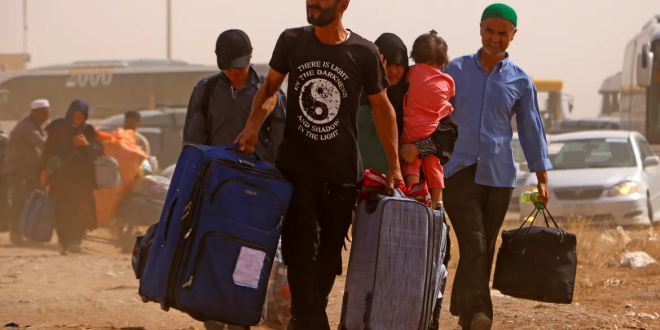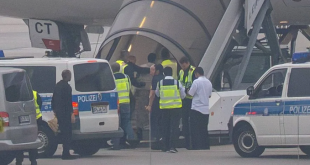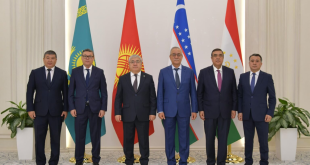KABUL — Up to three million Afghan refugees may return to Afghanistan in 2025, the United Nations has warned, raising alarm over the immense strain this mass repatriation could place on a country already grappling with a major humanitarian crisis.
Arafat Jamal, the UNHCR representative in Afghanistan, said Friday that new policies introduced by Iran and Pakistan — two of the largest host countries for Afghan refugees — are driving an unprecedented wave of returns. Tehran, for example, gave four million undocumented Afghans a deadline of July 6 to leave Iranian territory, triggering a rapid and disorganized exodus.
“What we are seeing is the undignified, disorganized, and massive departure of Afghans from both countries, which is generating enormous pressure on a homeland that is willing to receive them but utterly unprepared to do so,” Jamal said during a video press briefing from Kabul.
So far in 2025, over 1.6 million Afghans have returned from Pakistan and Iran, mostly from Iran, already exceeding UNHCR’s earlier projection of 1.4 million returnees for the entire year. The agency now estimates the total returning population could reach three million by year-end.
The volume of returnees has surged dramatically, with more than 30,000 crossing the Islam Qala border daily into Afghanistan. On July 4 alone, around 50,000 refugees crossed into Afghan territory.
“Many returnees have been abruptly uprooted and endured arduous, exhausting, and degrading journeys,” Jamal added. “They arrive tired, disoriented, brutalized, and often in despair.”
The UN has launched emergency measures to address urgent needs, reinforcing water and sanitation infrastructure designed to support 7,000 to 10,000 people daily, along with vaccination campaigns and nutrition programs.
Reports from those crossing the border detail intense pressure from Iranian authorities, including arrests and forced expulsions, exacerbating the hardship faced by displaced Afghans.
With Afghanistan struggling to absorb this influx amid ongoing economic and political challenges, UN officials stress the urgent need for international support to prevent the crisis from spiraling further out of control.
 Afghanistan Times
Afghanistan Times




